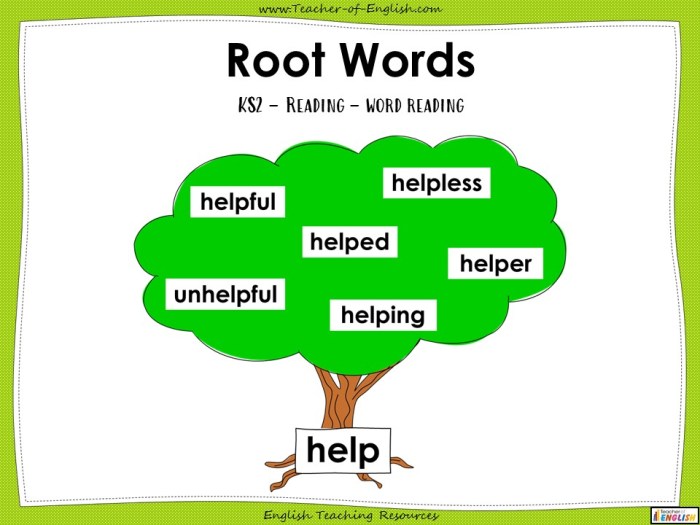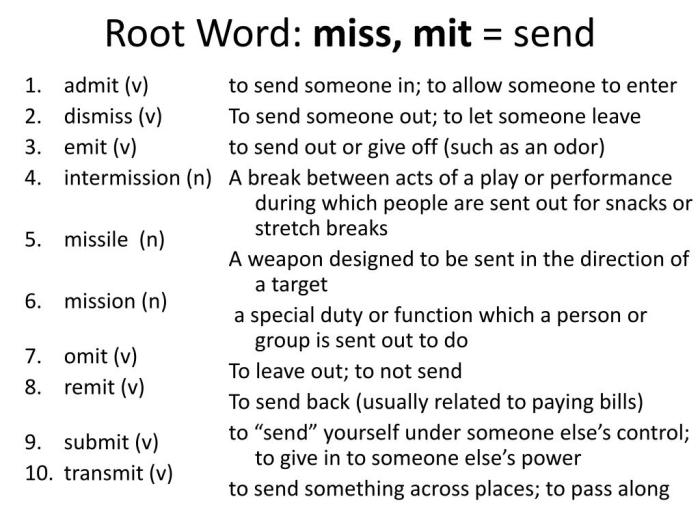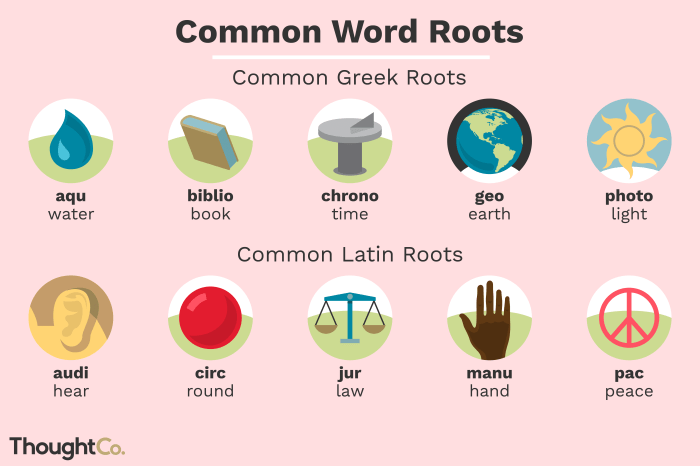Words with root word miss – Words with the root word “miss” hold a captivating place in our lexicon, inviting us on a linguistic journey to explore their origins, shared meanings, and diverse usage. From the simple act of missing something to the profound longing for a lost love, these words paint a vivid tapestry of human experience.
Delving into the etymology of “miss,” we uncover its historical evolution and linguistic variations, tracing its roots back to ancient Indo-European languages. As we delve deeper, we encounter a comprehensive list of words derived from “miss,” organized into an HTML table for easy reference.
Definitions and usage examples illuminate their meanings, showcasing the richness and versatility of this linguistic family.
Etymology of “miss”

The root word “miss” originates from the Old English word “missan,” meaning “to err” or “to go astray.” This term has been used in various forms throughout history, with its meaning evolving over time.
Historical Evolution
In Middle English, “miss” came to mean “to fail to hit or achieve something” and was also used to express feelings of sadness or regret. During the 16th century, the word acquired its current sense of “to feel the absence of someone or something.”
This evolution reflects the broadening of the word’s semantic range from physical actions to emotional experiences.
Linguistic Variations
The root word “miss” has given rise to several derivatives, including “mishap” (an unfortunate event), “misdemeanor” (a minor crime), and “mistake” (an error in judgment). These terms all share the notion of “going astray” or “falling short,” reflecting the root word’s original meaning.
Common Words with Root “miss”
The root “miss” often conveys the sense of failing to achieve, being without, or feeling a lack of something. From this root, several words have emerged, each carrying distinct nuances.
The following table provides a comprehensive list of common words derived from the root “miss”:
Table of Words with Root “miss”, Words with root word miss
| Word | Definition | Example |
|---|---|---|
| Miss | Fail to achieve, be without, or feel a lack of | She missed the bus this morning. |
| Missile | Guided projectile | The missile struck its target with precision. |
| Mission | Task or undertaking | The spacecraft embarked on a mission to explore Mars. |
| Mistake | Error or misunderstanding | I made a mistake in calculating the total. |
| Mist | Fine water droplets suspended in the air | The mist obscured the view of the mountains. |
| Misty | Characterized by mist | The misty morning created an ethereal atmosphere. |
| Misspell | Write incorrectly | The student misspelled the word “accommodation”. |
| Misplace | Lose or put in the wrong place | I misplaced my keys yesterday. |
| Misbehave | Behave badly or improperly | The children misbehaved in class today. |
| Misunderstand | Fail to understand correctly | There was a misunderstanding about the meeting time. |
Semantic Field of “miss”

Words with the root “miss” share a core meaning related to absence, error, or lack of something.
They often convey a sense of disappointment, regret, or dissatisfaction.
Antonyms
Antonyms of words with the root “miss” include “hit,” “achieve,” “obtain,” and “succeed.”
These terms represent the opposite of missing something, indicating success or attainment.
Usage and Context: Words With Root Word Miss

Words with the root “miss” are commonly used in various contexts, each carrying its own grammatical functions and sentence structures. These words contribute significantly to the tone and register of a conversation or written text.
The root “miss” conveys the general idea of “not having or being with something or someone.” This concept extends to various shades of meaning, including absence, failure, error, and longing.
Grammatical Functions
- Verbs:Words like “miss” and “miscalculate” function as verbs, expressing actions or states of being related to absence or error.
- Nouns:“Miss” and “mishap” are examples of nouns that refer to specific instances of absence or misfortune.
- Adjectives:“Missing” and “mistaken” are adjectives that describe the state of being absent or incorrect.
Sentence Structures
The grammatical functions of words with the root “miss” influence their placement within sentence structures.
- Verbs:As verbs, they typically appear in the predicate of a sentence, expressing the main action or state.
- Nouns:As nouns, they serve as subjects, objects, or complements within a sentence.
- Adjectives:As adjectives, they modify nouns or pronouns, providing additional information about their qualities.
Tone and Register
The usage of words with the root “miss” can impact the tone and register of a conversation or written text.
- Formal:Words like “omission” and “mistake” are often used in formal contexts to convey precise and objective meanings.
- Informal:“Miss” and “mess up” are more common in informal settings, where they add a casual or colloquial tone.
- Emotional:Words like “missing” and “heartbroken” convey strong emotions, making them suitable for expressing feelings of loss or longing.
Cultural and Historical Significance

Words with the root “miss” have played a significant role in human culture and history, capturing the emotions and experiences of longing, absence, and loss. Their use in literature, music, and art has left an enduring legacy, shaping how we express and understand these universal themes.
One notable example is the use of “miss” in literature, where it often serves as a literary device to convey characters’ feelings of longing and nostalgia. In Emily Dickinson’s poem “Because I could not stop for Death,” the speaker’s encounter with Death is portrayed through a series of “missings,” highlighting the sense of loss and the bittersweet nature of life’s journey.
In Music and Art
In music, “miss” has been a common theme, particularly in songs that explore themes of love, loss, and longing. From The Beatles’ “Michelle” to Mariah Carey’s “Miss You Most (At Christmas Time),” music has provided a powerful medium for expressing the emotions associated with missing someone.
Art has also embraced the concept of “miss,” often using visual representations to capture the intangible emotions of absence and longing. Artists like Edward Hopper have created iconic works that depict solitary figures in empty spaces, evoking a sense of loneliness and longing for connection.
Misstep, amiss, and misnomer are just a few examples of words with the root word “miss.” If you’re looking for a quick and easy way to brush up on your vocabulary, check out the basset on the fly answers . This helpful resource provides definitions and examples for a variety of words, including those with the root word “miss.”
Notable Phrases and Idioms
Over time, several notable phrases and idioms have emerged that incorporate words with the root “miss.” These expressions often capture the essence of missing someone or something, adding a touch of nostalgia and sentimentality to our language.
- “I miss you like the sun misses the moon at night.”This poetic expression conveys the intense longing and desire for someone who is absent.
- “I miss you more than words can say.”This idiom acknowledges the inadequacy of language to fully express the depth of one’s feelings of loss.
- “Absence makes the heart grow fonder.”This proverb suggests that distance and separation can strengthen the bonds of affection.
Morphological Analysis
Words with the root “miss” exhibit a range of morphological variations, including prefixes, suffixes, and root variations, that contribute to their meaning and usage.
Prefixes
The prefix “mis-” often carries a negative connotation, indicating an error or deviation from a desired state. In words like “misbehave” and “misspell,” the prefix conveys a sense of wrongdoing or incorrectness.
Suffixes
The suffix “-ion” transforms verbs into nouns, indicating an action or process. In words like “mission” and “emission,” the suffix denotes the act or result of sending or releasing something.
Root Variations
The root “miss” itself can undergo variations, such as “mit” and “mitt,” which convey similar meanings related to sending or releasing. In words like “transmit” and “commit,” the root variation indicates a transfer or delivery of something.
FAQ Resource
What is the origin of the root word “miss”?
The root word “miss” traces its origins back to the Proto-Indo-European root “*meit-,” meaning “to cut off” or “to go astray.”
What are some common words derived from the root “miss”?
Common words derived from “miss” include: amiss, dismiss, missile, mission, and omission.
How do words with the root “miss” contribute to our understanding of language and human experience?
Words with the root “miss” provide insights into the human experience of loss, longing, and absence. They shape our understanding of emotions, relationships, and the complexities of human existence.